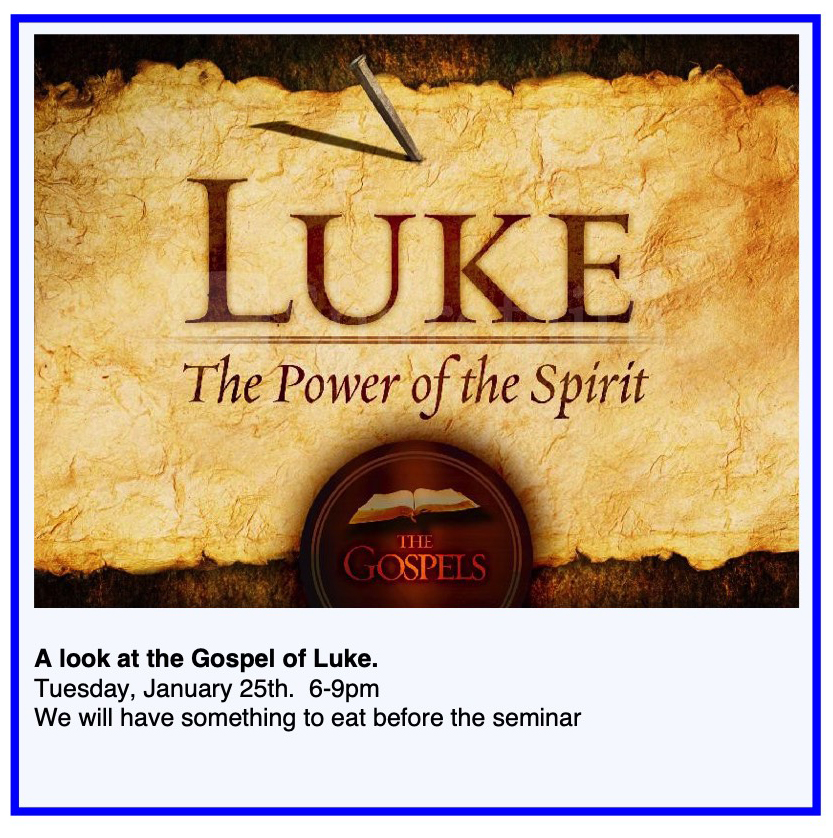November 2021 – January 2022
We gather every Sunday Liturgy. The word liturgy means “work, or work of the people,” and it is work of the people, not for the people (which is the distinction between liturgy and magic, since magic is directed for some outcome for people). Liturgy is different than a service which often is entertainment at its worst, or passively watching and listening to what is going on at church. Liturgy, rather, is something we do together.
We gather every Sunday Liturgy. The word liturgy means “work, or work of the people,” and it is work of the people, not for the people (which is the distinction between liturgy and magic, since magic is directed for some outcome for people). Liturgy is different than a service which often is entertainment at its worst, or passively watching and listening to what is going on at church. Liturgy, rather, is something we do together.
We gather every Sunday Liturgy. The word liturgy means “work, or work of the people,” and it is work of the people, not for the people (which is the distinction between liturgy and magic, since magic is directed for some outcome for people). Liturgy is different than a service which often is entertainment at its worst, or passively watching and listening to what is going on at church. Liturgy, rather, is something we do together.
We gather every Sunday Liturgy. The word liturgy means “work, or work of the people,” and it is work of the people, not for the people (which is the distinction between liturgy and magic, since magic is directed for some outcome for people). Liturgy is different than a service which often is entertainment at its worst, or passively watching and listening to what is going on at church. Liturgy, rather, is something we do together.
We gather every Sunday Liturgy. The word liturgy means “work, or work of the people,” and it is work of the people, not for the people (which is the distinction between liturgy and magic, since magic is directed for some outcome for people). Liturgy is different than a service which often is entertainment at its worst, or passively watching and listening to what is going on at church. Liturgy, rather, is something we do together.
We gather every Sunday Liturgy. The word liturgy means “work, or work of the people,” and it is work of the people, not for the people (which is the distinction between liturgy and magic, since magic is directed for some outcome for people). Liturgy is different than a service which often is entertainment at its worst, or passively watching and listening to what is going on at church. Liturgy, rather, is something we do together.
We gather every Sunday Liturgy. The word liturgy means “work, or work of the people,” and it is work of the people, not for the people (which is the distinction between liturgy and magic, since magic is directed for some outcome for people). Liturgy is different than a service which often is entertainment at its worst, or passively watching and listening to what is going on at church. Liturgy, rather, is something we do together.
We gather every Sunday Liturgy. The word liturgy means “work, or work of the people,” and it is work of the people, not for the people (which is the distinction between liturgy and magic, since magic is directed for some outcome for people). Liturgy is different than a service which often is entertainment at its worst, or passively watching and listening to what is going on at church. Liturgy, rather, is something we do together.
We gather every Sunday Liturgy. The word liturgy means “work, or work of the people,” and it is work of the people, not for the people (which is the distinction between liturgy and magic, since magic is directed for some outcome for people). Liturgy is different than a service which often is entertainment at its worst, or passively watching and listening to what is going on at church. Liturgy, rather, is something we do together.
The Educational Committee is proud to announce the next practicum offered by St. Philip Neri Ecumenical Church and conducted by the Right Reverend Dr. John Oliver entitled, “Luke, The Power of the Spirit,” A look at the Gospel of Luke.
The workshop is free. Food and beverages will be provided. Please feel free to invite a friend or bring someone you know.
Cannot attend in person? The practicum will also be on live stream.


 Agenda
Agenda
 Posterboard
Posterboard  Month
Month  Week
Week  Day
Day